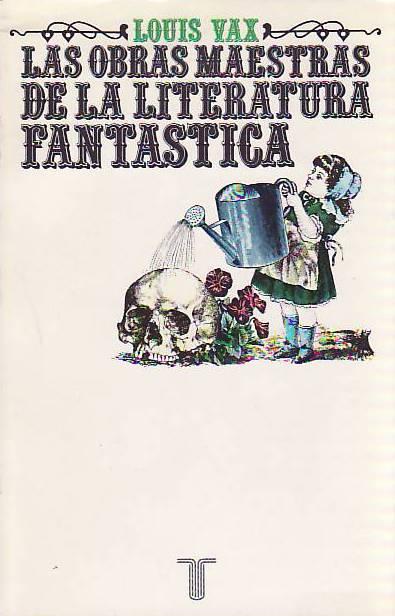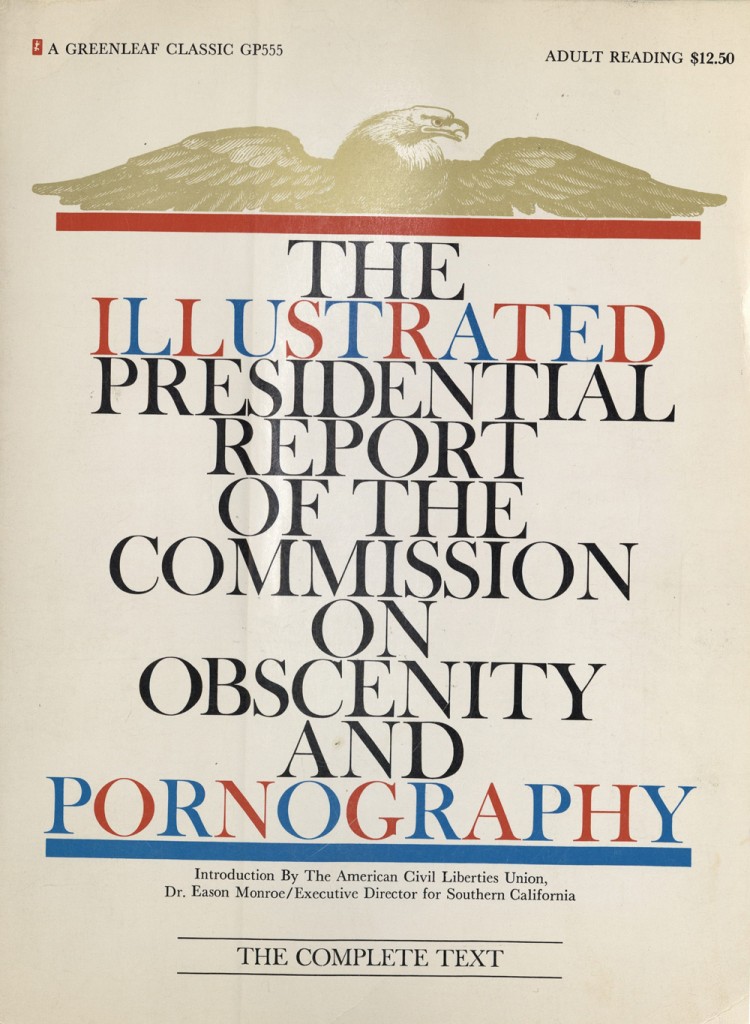
Af en toe worden hier stoffelijke overschotten binnengebracht waarvan mijn doodgravers het belang onderschatten.
Continue reading

Af en toe worden hier stoffelijke overschotten binnengebracht waarvan mijn doodgravers het belang onderschatten.
Continue readingDavid Britton was a British author, artist, and publisher best known for co-authoring Lord Horror (1990).
Earl Kemp was an American publisher, science fiction editor and critic.

During the 1960s and 1970s, Earl Kemp was involved in publishing erotic paperbacks through a company, Greenleaf Publishing, where he was employed by William Hamling. In an example of détournement, in 1970 Kemp published an Illustrated edition of the Report of the Commission on Obscenity and Pornography. According to Pornography and Sexual Representation: A Reference Guide, the book was “replete with the sort of photographs the commission examined.” Kemp eventually was sentenced to a one-year prison sentence for distributing the book (as was Hamling). However, both served only the federal minimum of three months and one day. The story of their arrest and prison time was covered in Gay Talese’s Thy Neighbor’s Wife (1981).
RIP Jon Gibson was an American musician and visual artist.
Gibson’s death happened in 2020 but I forgot to give it attention.
Maybe I did not find the right record to play with it.
Today, via The Saturn Archives, a recently discovered high quality music channel on YouTube, I give you Two Solo Pieces (1977).
The beginning is a highly accomplished drone piece. The end is a piece with gamelan echoes.
Joan Micklin Silver was an American filmmaker.
My film bible Cult Movie Stars lists Chilly Scenes of Winter (1979) and Between the Lines (1977) as noteworthy.
I feel I have to add Crossing Delancey (1988).
MF Doom was a British-born American rapper. He died two months ago, but news came out only recently.
Like Sun Ra, who he sampled more than once, MF Doom builds his own universe. It is not difficult to see how he influenced Tyler, the Creator, another voice in hip hop I appreciate.
Like Buckethead, MF Doom wore a mask during concerts.

Pierre Cardin was a French fashion designer, but for the moment all I can say of him is that from 2001 to 2020 he was the owner of the castle of Marquis de Sade depicted above.
Stanley Cowell (1941 – 2020) was an American jazz pianist and co-founder of Strata-East Records.
Strata-East Records first gained notoriety outside the world of jazz after the British label Soul Jazz Records put out three anthologies of their recordings in the 1994-1997 period.
I give you “Travelin’ Man” (1974) in its first version.
Has anyone besides me noticed the likeness to “Seven Nation Army” by The White Stripes?
Every once and a while somebody dies and his or her death makes you reconsider what you know of the deceased.
Such was the case with John le Carré (1931 –2020). At first I thought he was just another spy fiction writer and that my relationship to him was probably nothing.
I found the opening lines of The Spy Who Came in From the Cold and found them appealing, put them on my encyclopedia but I still did not know what to post on my blog.
Then I read that the recurring Smiley character was a sort of anti-hero but most of all an anti-James Bond, badly dressed, bald, overweight, bespectacled, unattractive. With a wife that cheats on him more than once. Also with a Russian spy.
And then today, in my local press, I read Marc Reynebeau (born 1956):
“If the setting of Le Carré’s work changed after the Cold War, his theme remained. This is anchored in a pronounced skepticism about institutions and the corrupting effect that is inherent in every institutional dynamic.”
Two things.
One.
The corruption. “Power tends to corrupt, and absolute power corrupts absolutely” said John Emerich Edward Dalberg-Acton. There is no escaping the corrupting power of power.
Two.
Skepticism about institutions. I recently read Paul Collier and he put me on to this. It’s fairly obvious, but somebody needed to point it out. There are two kinds of societies. Societies with high level of trust and societies with low level of trust.
The former develop.
The latter stall. For example, Collier says in Exodus: How Migration Is Changing Our World (2013):
“It is not possible for Nigerians to get life insurance. This is because, given the opportunism of the relevant professions, a death certificate can be purchased without the inconvenience of dying.”
And then, diggin deeper still, one founds an interview of le Carré which shows him critical of consumerism that makes you wonder whether Michel Clouscard was awareof it:
“I dislike Bond. I’m not sure that Bond is a spy. I think that it’s a great mistake if one’s talking about espionage literature to include Bond in this category at all. It seems to me he’s more some kind of international gangster with, as it is said, a license to kill… He’s a man entirely out of the political context. It’s of no interest to Bond who, for instance, is president of the United States or of the Union of Soviet Republics. It’s the consumer goods ethic, really, that everything around you, all the dull things of life, are suddenly animated, by this wonderful cachet of espionage. With the things on our desk that could explode, our ties that could suddenly take photographs. These give a drab and materialistic existence a kind of magic.”–John le Carré interviewed by Malcolm Muggeridge, first broadcast on February 8, 1966, 16:45
RIP John le Carré
Richard Corben was an American illustrator and comic book artist.
I liked his coloring.
Here the short film Neverwhere, from the film Heavy Metal.
He said sweet things about my hero Tanino Liberatore’s creation RanXerox.